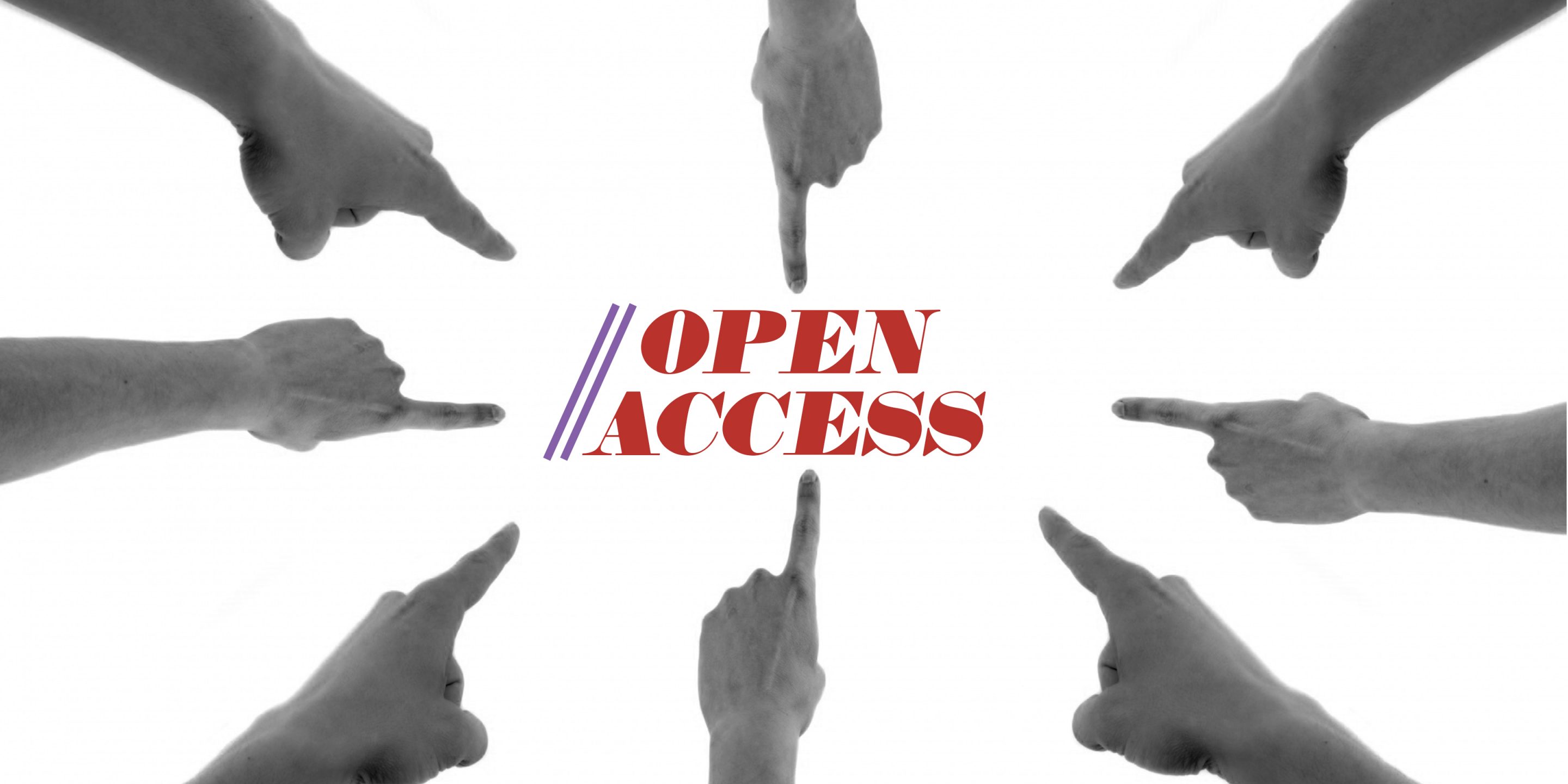Is mental illness overdiagnosed?
I’m not going to answer that question.
The idea that we’re mistakenly diagnosing people who don’t have mental illnesses is more harmful than many realize. These days, it’s difficult to have a conversation about mental health without someone bringing up the problem of overdiagnosis.
The gist of the “overdiagnosis problem” is that people without mental illnesses are being diagnosed with them and wrongly treated. Even if this is an issue—and there’s research to show that it isn’t—the emphasis surrounding this problem is harmful.
Andrew Solomon describes an implication of this in his Ted Talk. He discusses a study in which low-income women who sought healthcare for other reasons were screened for depression, and those who screened positive were given six months of free treatment. These individuals showed marked improvement, but the study was met with criticism, as it shattered people’s beliefs that people with “perfectly awful lives,” as Solomon put it, could not suffer from a mental illness.
So what about Georgetown? We are a predominantly wealthy institution, which means many of us have access to mental health care at home. We also have Counseling and Psychiatric Services (CAPS) on campus, which tries to be as accessible as possible. The majority of us have access to resources of one kind or another. So, the problem of under-diagnosis can’t affect us, can it?
Unfortunately, it can and does.
Let’s take another look back at the overdiagnosis theory. It argues that people are diagnosed with mental illnesses illegitimately, with its proponents often pointing out the stories of someone they once knew who was wonderful at everything they did but was diagnosed with depression anyway. They ask: If they’re depressed, then who isn’t?
And in asking, they might as well be saying, “If I can’t see that you’re depressed, then you aren’t.” We internalize this and decide that we’re just being dramatic or don’t know how to handle our own problems. We don’t need help.
Here at Georgetown—where virtually everyone is excellent and excelling—it’s no wonder this kind of mentality gets internalized. I can’t be sick, we think, look at everything I can do. We falsely believe we’re not really sick unless we’re confined to our bed all day, despite what the doctors might say. Never mind whether we tick every box on the checklist; we don’t acknowledge our own illnesses because we don’t think it’s possible to be sick and still functioning.
There are many people like this. See, depression can’t be reduced to those who are bedridden or attempting suicide. Most of the time, it’s feeling tired, blue, or lonely. You might think more negatively, maybe drink a little more, have trouble eating and sleeping. You might feel anxious, but most of the time, you won’t have a panic attack in the middle of class. You might just turn down your friend’s invitation to a party. No big deal. Much of mental illness never becomes visible to the outside and is easy to keep hidden, so we do. At Georgetown, we know how to put on a smile. It’s something about our personalities and an environment that forces us to achieve—it makes a good mask. It helps us keep our secrets.
And in this situation, when we are both sick and not sick enough at the same time, what is there to do? Nothing, really. We trudge through our days, trying not to show the weight our illnesses place on us. Often, they get worse. Sometimes, an illness will stay as it is or improve, but even then, the time we spent sick has been lost.
For those of us who have been brave enough to seek help, what message does this send? That we’re weak, probably. That other people could have handled their problems without the aid of pharmaceuticals or therapy, but we took the easy way out. In truth, getting help is anything but.
Is overdiagnosis a problem? Maybe. Maybe not. It should be a part of our conversations—as a culture, we shouldn’t be subjecting people to medical treatments that they don’t need. But still, it doesn’t need to be a part of every conversation; there are more urgent problems to address—under diagnosis and misdiagnosis are a good start. We need to help the people who go through their days burdened with a pain that they cannot explain but have been forced to accept.
Rebecca is a freshman in the College.






